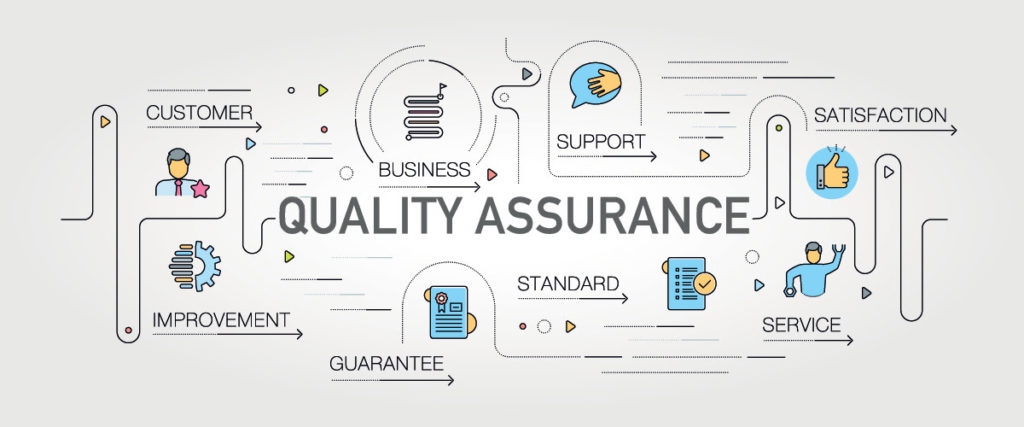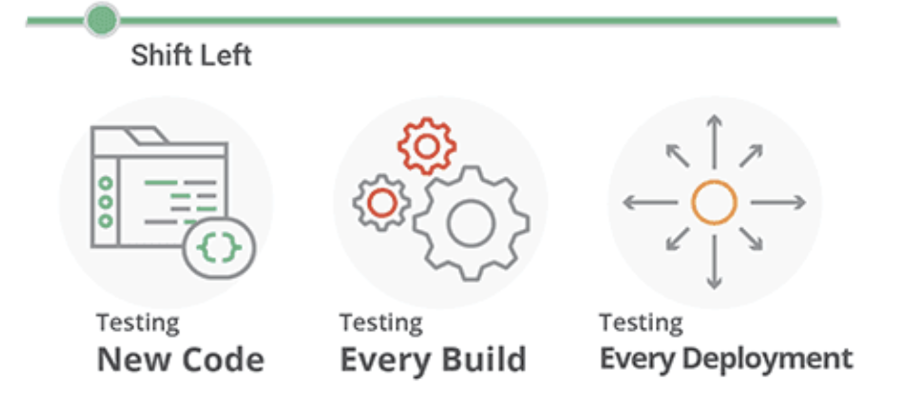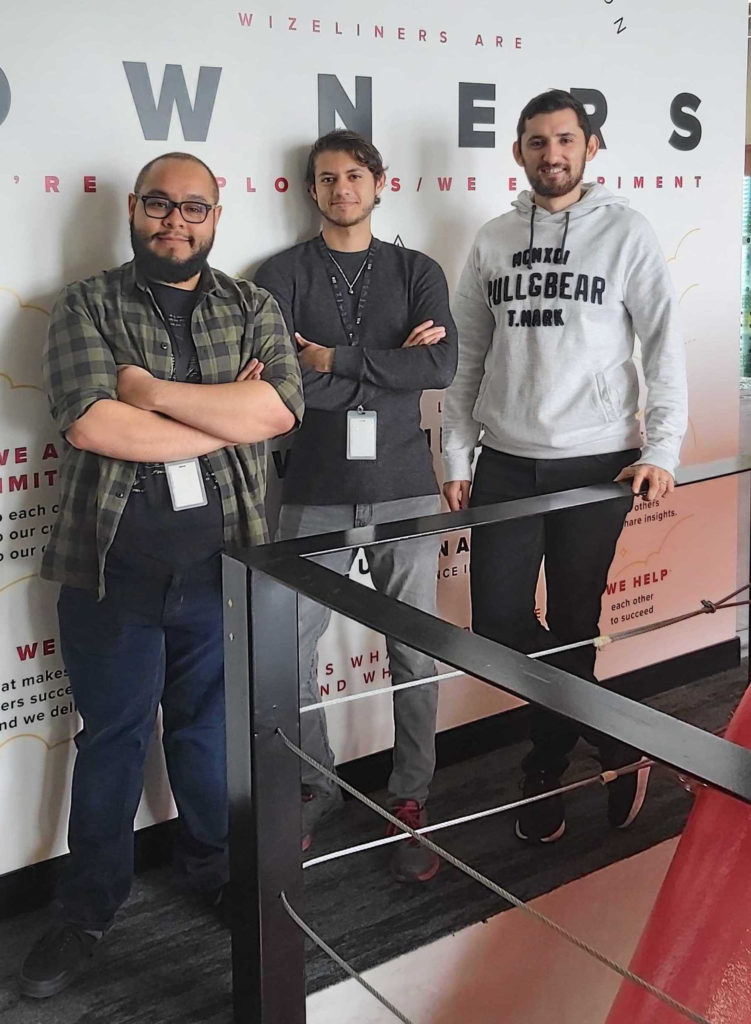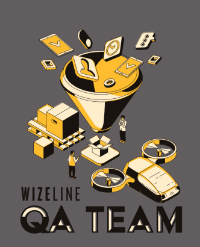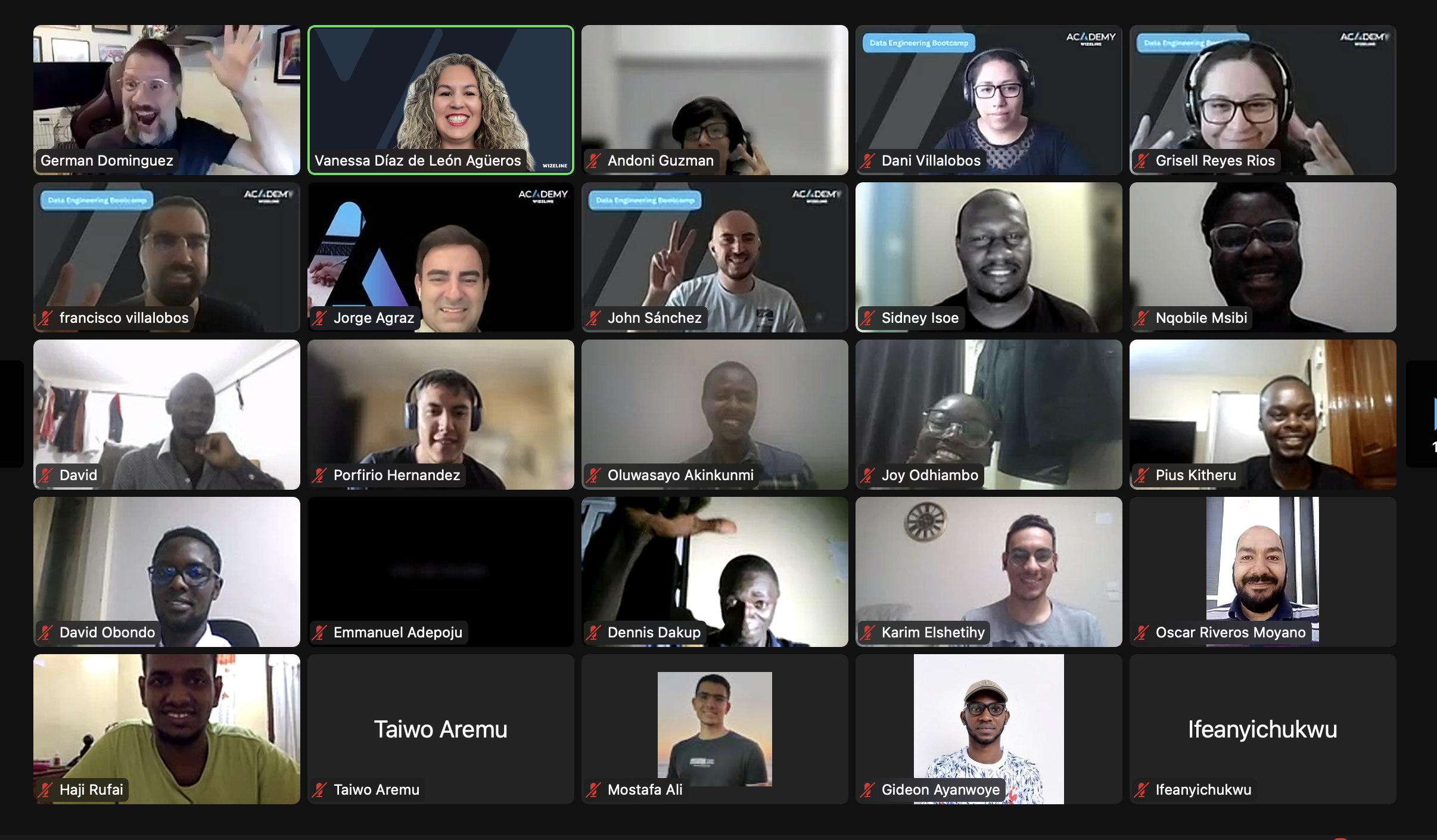QA engineering has been revolutionized by automation and has evolved beyond more than just a testing role. QA has become an integral part to ensure quality through the entire development process. And in an agile environment, the QA team should work very closely with the DevOps team.
The role of QA throughout the process
Before the project
- QA engineers can help define user stories to test and determine testability. QA can also provide a quality risk analysis to minimize risks that could occur at a later stage in the project.
- QA engineers can implement automated testing and reduce debugging, thereby increasing developer productivity.
During sprint planning
- QA engineers can carry out exploratory testing of new features during sprints and create real-time reports.
- Sprint planning is a crucial time for QA to work closely with the development team so that the team is well informed about project milestones.
During the sprint
- Early testing by QA can save time in the long run. A set of regression tests during the sprints of new and existing features can speed up deployment
- Task management. QA engineers can help dissect tasks into tests and user stories, allowing the developers to focus on the core functionalities.
The software QA engineer role has been evolving for the last couple of years at Wizeline. It has been an accelerated evolution of different Continuous strategies, DevOps, and Agile approaches, that has shifted and refined how people perceive the value of testing in projects.
The traditional idea of “verifying the software to make sure it meets requirements and bug-free” is a testing-as-an-execution activity.
The Wizeline QA team is constantly driven by a need to evolve, to learn from change, and improve in all areas. As part of this development, our team members strive to add value and build trust every day in other phases of the project, where a QA was previously not required to participate.
How QA engineers can deliver value
Besides performing regular tasks, the QA team is prepared to provide guidance to clients who don’t have an established QA process. As part of these activities, a QA engineer helps evaluate, support, and provide suggestions at every step of the development process, including those phases that are not strictly under QA’s line of work. The QA engineer suggests best practices and helps to implement methodologies that best fit the client’s objective to achieve the most efficient process possible.
Wizeline’s QA team has been a key contributor to delivering products with the best quality. QA engineer, Felix Sanchez, was one of the pioneers on a project in which he carried out core QA activities. He helped establish more structure to the QA process by providing new ideas and best practices to each phase of the project. This helped the QA team learn about establishing bases of concepts and processes, in addition to setting agreements in the use of automation tools that achieved a more effective collaboration within the whole team. Additionally, the QA team was able to provide the documentation needed to promote best practices beyond QA.
In another project where we worked on a social network for a private university, our QA engineers worked on establishing processes successfully, achieving remarkable participation from the very beginning. They presented the Shift Left methodology (more on this soon) to the client as a new approach and continued supporting the development team in every area throughout the entire process.
The QA team’s initiatives have been yielding great results and recognition. The participation of a QA engineer in every step of the development process has allowed our team to catch significant errors and bugs that may have significantly increased development time or reduced client confidence in the long run.
Do you currently work with QA engineers? Which of your projects could benefit from QA? Keep the following questions in mind as you consider the investment.
- What is the real cost of a bug in your software?
- Have you adopted Shift-Left in your project?
- How responsible are you for testing your own code?
- Are you planning your code to be more testable?
Making the Shift Left in our development processes, automation, and testing are no longer QA-only activities. We’re all part of this evolution and growth, we’re all QA.

